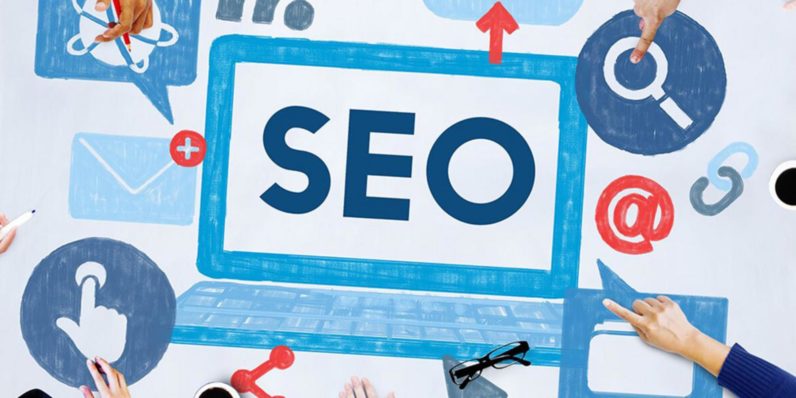7 Essential On-Page SEO Factors You Need to Know
Today, succeeding in organic search means optimising for a combination of factors that are considered to be crucial by the search engines, especially Google. This includes off-page, on-page and other technical factors.
Over the years, we, at Nhance Digital, have noticed that a lot of importance is given to off-page techniques like link building. But, we want to tell you that on-page SEO is just as important. If you do not take into consideration on-page factors, off-page SEO is not going to be of much help to your website.
If you are not aware of what on-page SEO means, it refers to the process of optimising web pages to boost a website’s rankings in the SERPs and drive organic traffic. Besides publishing high-quality, relevant content, on-page SEO includes optimising HTML tags, headlines and images. It also means ensuring that your website has a high level of authoritativeness, expertise and trustworthiness.
Take a look below at the most important on-page factors that you should know.
- Title tag
The title tag is an HTML tag that is found in the head section of each web page. This provides visitors with an initial clue about the topical subject matter of the respective page. This is prominently featured in the SERPs and also in the browser window.
The title tag is often overlooked because, by itself, it does not have a lot of impact on organic rankings. But, duplicate, missing or poorly written title tags can negatively impact SEO results. So, make sure that this element is optimised properly.
- Headlines
If you want your website content to fare well on search, you need to start writing attention-grabbing headlines. You might think that coming up with a blog title is too basic, but if the headline is not compelling enough, it will go unnoticed. A killer headline is a difference between an impression and a click. This is why you must create headlines strategically. It needs to spark an interest so that users are tempted to click and go through the content.
- Meta descriptions
Meta descriptions have always been an important point of optimisation in SEO. Meta tags and description often sum up what the web page is about and this is displayed in the SERPs. You will find them under the title of the web page. Even though Google says that meta descriptions do not help with rankings, there is evidence that descriptions to help to convince users to click on the link.
If you can correctly write meta descriptions, it can help you in the following ways:
- Improve the perception of the quality of the result
- Boost click-through rate
- Enhance the perception of what your website has to offer
- Header tags
Headers tags are also HTML tags that are used to identify not just headings, but also subheadings within a content. Headers tags do not perform an important role when it comes to ranking, but they serve an important purpose for SEO and your target audience. With header tags, content can be made much more enjoyable and easier-to-read. Also, it can provide keyword-rich text to search engines and makes it easier for bots to understand what the content is all about.
- Keyword cannibalisation
The more pages you have targeting one keyword, the chances are high for the website to rank for that keyword. This is what most people think, but this approach is false. If you target one particular keyword across different pages, you are basically setting up your website for keyword cannibalisation. This can have terrible consequences for your SEO efforts.
With multiple pages ranking for the same keyword, you are competing against yourself. So, we suggest that you identify if you are making this mistake and if you are, it must be resolved at once.
- Image optimisation
If you want to make your web pages appear more appealing, you can think of adding images. But, all images are not made the same. Some of them might end up slowing down your website. To avoid this, you need to optimise the pictures and ensure that your website’s speed remains unaffected. Image optimisation ensures faster page load times, better user experience and additional ranking opportunities.
- Content audit
Webmasters are always busy with creating new content and this is why they forget about the existing content on their website. It is important to evaluate the content already existing as it will help you identify whether the information given is still accurate or it needs to be updated. Your SEO strategy can greatly benefit from content audit and make sure to do it regularly.
So, these are a few of the on-page SEO factors that you need to know. If you need any help, turn to Nhance Digital and leverage our affordable SEO service in Glasgow.



